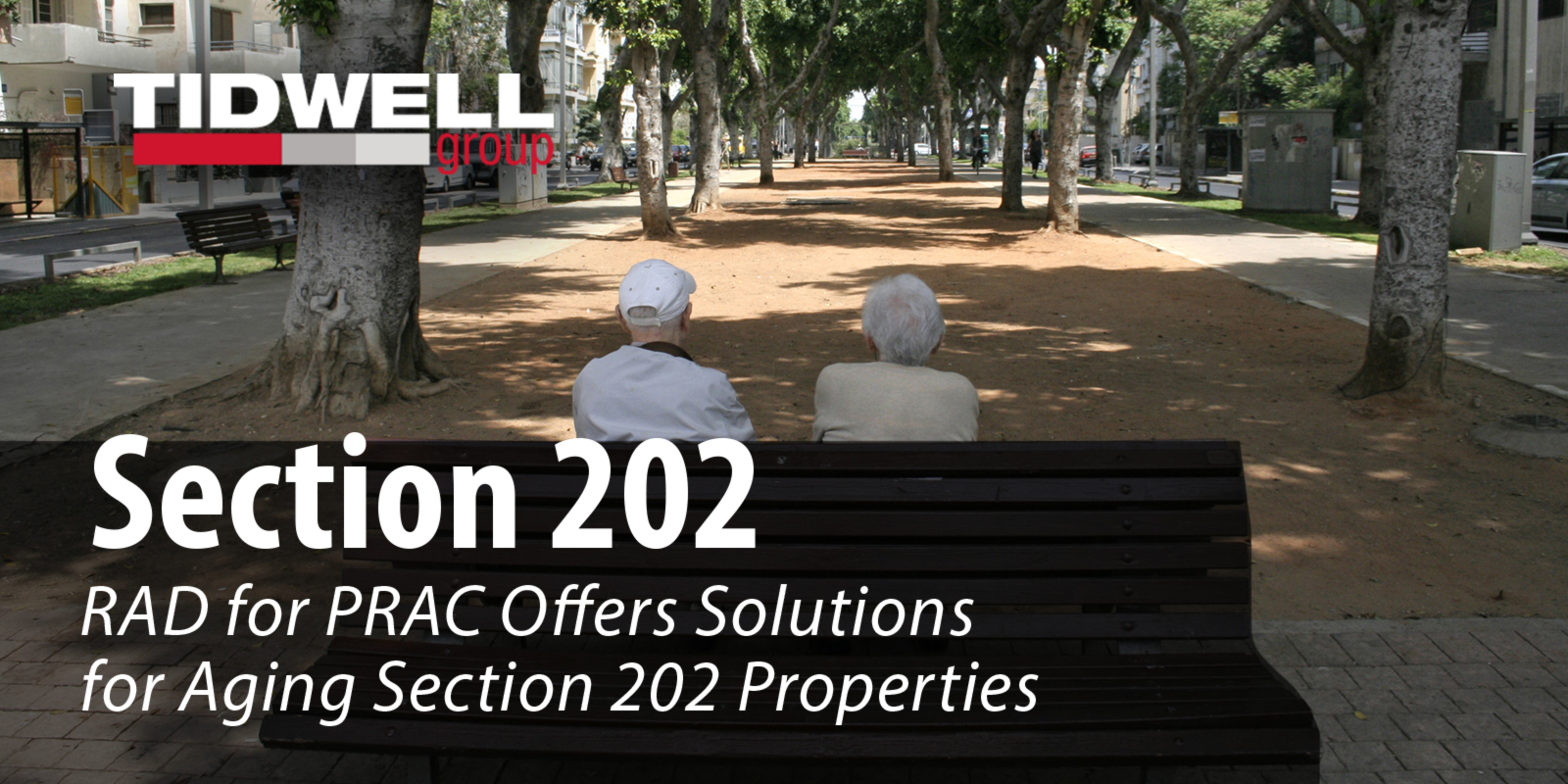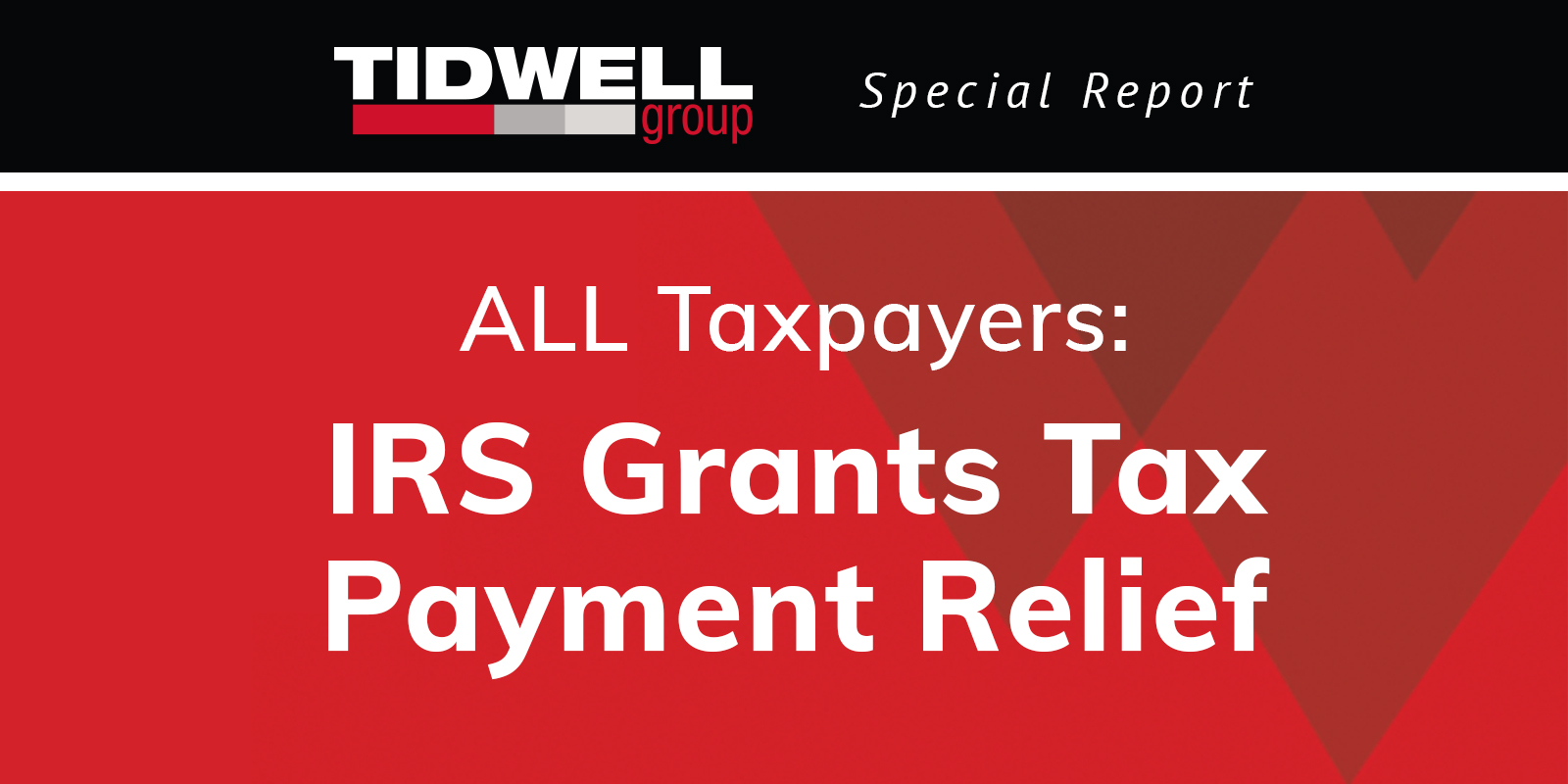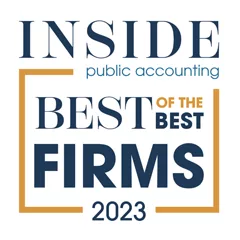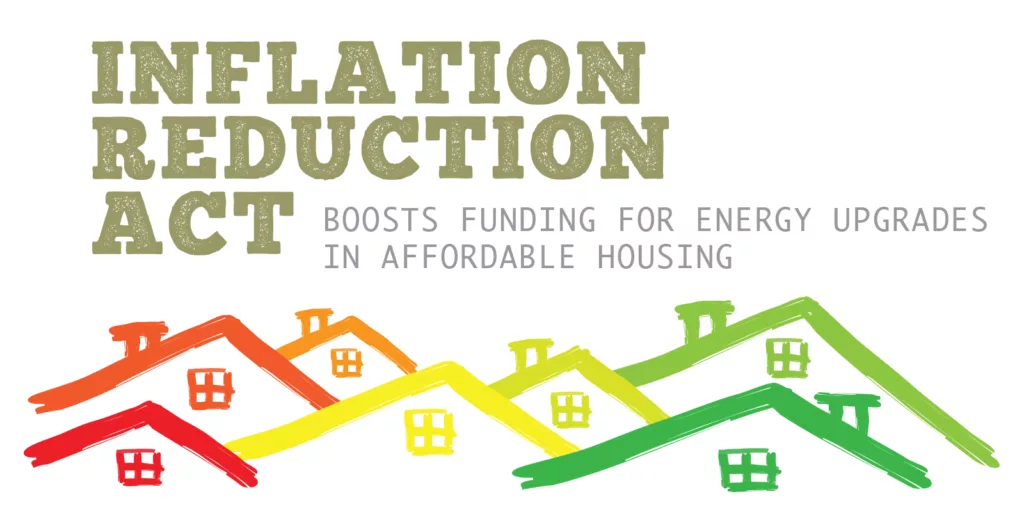RAD for PRAC Offers Solutions for Aging Section 202 Properties
By Andrew Gantzer, CPA, and Justin Heberling, CPA, HCCP
A recent HUD evaluation of the federal Rental Assistance Demonstration (RAD) shows that the program is achieving its goal of preserving public housing and improving the conditions of distressed public housing. Since enacted through Congress in 2012, the program has stimulated billions in capital investment and significantly improved structural defects, long-term viability, and resident satisfaction compared to non-RAD projects.
Now, owners of communities funded by Project Rental Assistance Contracts (PRAC) under Section 202 Housing for the Elderly have an opportunity to convert their properties to new operating contracts under RAD. Informally called RAD for PRAC, the new HUD program could help owners of Section 202 properties convert existing PRAC contracts to properties subsidized with project-based vouchers (PBVs) or project-based rental assistance (PBRA). This change will allow Section 202 projects to access private capital and conduct repairs and improvements, as well as maintain ownership in affordable housing properties.
The program is designed to sustain more aging-in-place properties by retaining age-distinct eligibility, allowing grandfathering of current residents, ensuring continued non-profit control and sustained delivery of services and service coordination for residents. Current 202/PRAC properties number more than 125,000 across the U.S., according to HUD.
In this brief summary, we discuss eligibility as well as what Section 202 property owners should consider for a RAD for PRAC application and conversion. Talk to us at the Tidwell Group to discuss feasibility and how to access other resources.
Eligibility in RAD for PRAC Program
In addition to keeping your property in good standing with HUD, eligible properties must:
- Be compliant with all fair housing and civil rights requirements.
- Have a non-profit entity listed with the 202/PRAC agreement and mortgage that maintains control of the property through the remaining term of the conversion. HUD provides detailed descriptions of how non-profit entity ownership or control can be satisfied, subject to HUD review.
- Have sufficient operating reserves at a minimum of $250/per unit. Operating reserves required by a lender or LIHTC-motivated equity investor can satisfy this requirement.
- Have a Real Estate Assessment Center (REAC) score of 60 or greater. Initial repairs may be needed to improve the REAC score prior to application; a Capital Needs Assessment (CNA) can identify these short-term needs, as well as long-term capital needs to address after conversion.
- Show proof of a part-time or full-time designated service coordinator for the property, demonstrating that residents receive applicable supportive services.
As mentioned earlier, each project must invest in a detailed physical inspection to determine both short-term rehabilitation needs and long-term capital needs. The resulting CNA must be submitted with the RAD application’s financing plan. The CNA may also be used to support rent increases to build up adequate reserves. If certain conditions are met, rents can be set much higher, but these conditions differ when doing a PBV or PBRA conversion.
This leads to the other requirement: establishing and maintaining an operating reserve, which is restricted to uses that benefit the converted RAD property. For many older PRAC properties, reserve funding has not kept pace with needed repairs and upgrades, mainly due to program financing restrictions and infrequent rent increases. A CNA can assist owners with properly structuring reserve funds, prioritizing repairs and applying rent increases even prior to the conversion.
What are the Benefits of RAD for PRAC Conversions?
After application and approval, eligible 202/PRAC properties will be released from their Capital Advantage Mortgage and Capital Advance Regulatory & Use Agreements and enter into an Elderly Housing Use Agreement — a term equal to the remaining life of the Capital Advance use Agreement plus 20 years, but not to exceed 60 years from the commencement of said Agreement.
Other benefits include:
- A long-term Rent Subsidy Contract, which is designed for financial stability and to preserve the housing as affordable for current and future residents.
- The opportunity for annual rent adjustments, with certain limitations per the Operating Cost Adjustment Factor (OCAF).
- Leverage of debt, LIHTC equity and several other sources of financing for repositioning of the property.
- Rent bundling if multiple eligible projects are submitted and if one project has more subsidy than another. Doing so can provide economies of scale and more affordable financing options for smaller properties.
- Continued tenant-based assistance for residents in a RAD property, which can also be transferred to a new site under certain circumstances.
It should be noted that proceeds from any refinance or sale that occurs during the period equal to the remaining term of the original Capital Advance Use Agreement will be restricted to benefit only the covered project or residents. For example, proceeds might be used to cover capital improvements or service delivery, but not additional property acquisitions.
Considerations for Conversion Through a PBV or PBRA Contract
There are many considerations involving whether to convert to a PBV or a PBRA contract in the RAD application process. Although the selection can change prior to submission of the financing plan, it is helpful to understand the differences in things such as resident choice-mobility and contract rent levels, as these affect communication to and service of residents as well as options for financing.
For example, according to HUD, rent caps for PBVs may not exceed the “reasonable” (i.e., market) rent. For example, if current funding is $700 per unit monthly (PUM), but the reasonable rent is $650 PUM, then rents will be capped at the latter. PBV rent adjustments require written notice to the Public Housing Authority (PHA) and are limited by the OCAF.
For PBRA contracts, where current funding is higher than market, rents are capped at 120 percent of fair market rents (FMR); if current funding is below market, then rents are capped at 150 percent of FMR. The project owner may request that HUD use the Small Area Fair Market Rents (SAFMR) to determine rent caps.
Overall, PBV conversions are considered more complicated than PBRAs and have time constraints, in that the PBV contract must be timed to correspond with the expiration of the PRAC contract and must close in escrow for 90 days while funding is relocated. Both types of contracts are for a term of 20 years and must be offered renewal options by the PHA.
There is more information available through HUD, but if you believe that a RAD for PRAC conversion could support the long-term viability of your project for affordable senior housing, contact Andrew Gantzer or Justin Heberling. They can help you evaluate the financing options available with the conversion and point you to other resources such as knowledgeable CNA professionals.
Please contact Justin Heberling or Andrew Gantzer if you would like to discuss your particular project in depth.
HUD Sources:
https://www.hud.gov/program_offices/housing/mfh/grants/section202ptl
https://www.radresource.net/index.cfm
https://www.hud.gov/sites/documents/RADCONVERGUIDEPHA.PDF
About Tidwell Group LLC
 Tidwell Group is a full-service accounting and consulting firm that specializes in the real estate and construction industries and is a Best of the Best Firm according to the 2019 INSIDE Public Accounting National Benchmarking Report. Their experienced professionals serve all asset classes within the affordable housing, conventional real estate, and not-for-profit industries. Within the affordable housing industry, Tidwell Group’s expertise ranges from low-income housing tax credits, bond and conventional financing, HUD compliance and reporting and USDA-Rural Development compliance and reporting. Their focus is on developing long term client relationships through value-driven results. For more information on Tidwell Group, contact their firm on their website at www.TidwellGroup.com, on Twitter @TidwellGroupLLC, or by telephone at (866) 442-7090.
Tidwell Group is a full-service accounting and consulting firm that specializes in the real estate and construction industries and is a Best of the Best Firm according to the 2019 INSIDE Public Accounting National Benchmarking Report. Their experienced professionals serve all asset classes within the affordable housing, conventional real estate, and not-for-profit industries. Within the affordable housing industry, Tidwell Group’s expertise ranges from low-income housing tax credits, bond and conventional financing, HUD compliance and reporting and USDA-Rural Development compliance and reporting. Their focus is on developing long term client relationships through value-driven results. For more information on Tidwell Group, contact their firm on their website at www.TidwellGroup.com, on Twitter @TidwellGroupLLC, or by telephone at (866) 442-7090.












